Set in the city of Ibadan, All Na Vibes tells a story that depicts the dysfunctional state of the country and the several ways it could affect the youth; the dangers of unchecked youthful exuberance; and a love story that never takes off. When Lamidi (Molawa Davis) comes to Abiola’s (played by Tega Ethan) house to seek his help in organising a party, little did he know that the consequences of helping his friend out would be more than he bargained for. Lamidi organises a party, defying the odds and challenges that posed themselves such as a lack of support from friends and a late change of location. The situation goes awry when Sade (Tolu Osaile), a spoiled rich brat and potential love interest of Abiola goes missing after the party; the search for her whereabouts reveals unattractive facts about the characters and leads to an unexpected end.
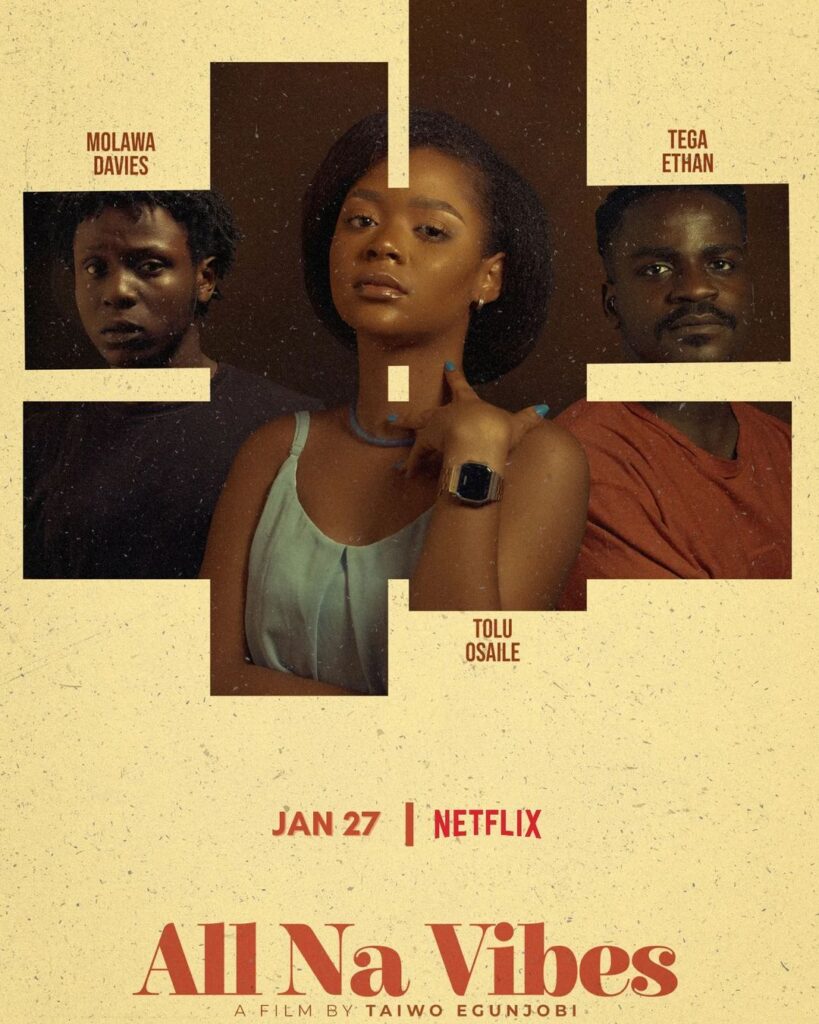
Written by Isaac Ayodeji (In Ibadan) and directed by Taiwo Egunjobi (In Ibadan), All Na Vibes is as low budget as they come, with every aspect executed in a minimalist manner: cast, locations and maybe even the plot in itself. With the mention of a character organising a party at the beginning and the characters being young adults, it gave the vibes of a party-themed film. My senses tingled for an epic party film similar to foreign cult hero classics like Superbad Or Project X, especially with the circumstances surrounding the organisation of the party— they have only two days to throw the party; universities are on strike and the exploration of their friendship. It has the ingredients to be a film with way more profundity and the space to accommodate more details that would have complemented the main conflict and made it more exciting. The excitement with which All Na Vibes starts quickly dies off a few scenes into the film and the plot stalls for most of the first chapter with nothing really happening (it is divided into two chapters). It just runs on vibes.
All Na Vibes has a simple plot, possibly to reduce the margin for error, being a low budget film. We can perceive the potential of its profundity but it is never realised. As simple as it is, it manages to have unclear scenes whose purposes could have been made more significant with a bit more creativity: an early scene where a gun is fired and the killing of a chicken. Also more confusing are the details surrounding the missing character, it makes one wonder why she stayed missing. The plot has several significant metaphors which are not brought to life as the premises set for them are not strong enough. Some of the premises subtly set is that none of the events would happen if universities were still in session. Also, in one way or the other, the people who create this dysfunction would also be a victim of the situation they have created- represented by Sade’s Father, Olasupo (Jide Kosoko), a politician who is a perpetrator of political violence. Capturing this is Ṣadé’s dream of her father slaughtering a chicken which he later offers her. Consequently, such metaphors do not hit home as hard as they should.
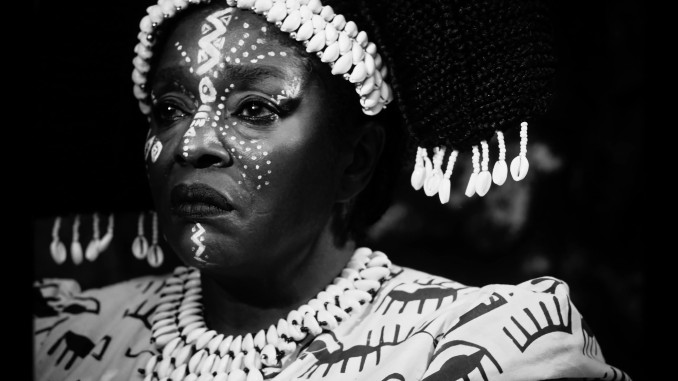 ‘Mami Wata’ Sundance Film Festival Reactions and Reviews
‘Mami Wata’ Sundance Film Festival Reactions and Reviews
With the main features of the plot that set the action in motion are the ongoing ASUU strike that has kept the characters at home and the state of idleness and boredom that ensnares them, another failing of All Na Vibes is the inadequate development of the characters despite needing only little exposition to make the characters relatable. Although we understand their purpose in the plot, we learn really little about the characters and their motivations, leaving the relationship between characters insufficiently explored. They end up being bland and unable to command our emotional investment. When they are victims of the events in the film, there is little sympathy from viewers who at this point are only looking forward to the resolution (we are invested in the plot and not the characters).
As a result of this, the film is devoid of life. However, most members of the cast are still able to deliver decent performances. Veteran Jide Kosoko takes on his role with effort indicative of his skill and experience which could have even been better if the role and plot had been well developed. The duo of Molawa Davis (Nimbe) and Tolu Osaile (Crushed Roses) look promising in their roles and offer a glimpse of what to expect from them as young industry acts.
Whilst All Na Vibes is a film that carries deep and insightful messages, some parts of it are not handled in that regard, with unresolved narratives and convenient use of the deus ex machina to create a narrative for tragedy. The latter part of the film is executed in a way that the actions do not fit the mood of the situation. Situations that should signal a sense of urgency look more comical than serious, especially scenes involving the police. While this could have been done to satirize the police force, they leaned too much into it and distract us. All Na Vibes might not measure up to its large-budget counterparts in terms of production quality, nevertheless, the potential shown by the filmmakers is proof that more can be done with less.
All Na Vibes is currently streaming on Netflix.
Share your thoughts in the comments section or on our social media accounts.
Sign Up: Keep track of upcoming films and TV shows on your Google calendar.
Side Musings
- Two days is not too small to plan a killer party for bored people.
- The party is befitting of the level of preparation.
- Animals were definitely hurt in making this.
- Wizkid taking strays.
- All Na Vibes mehn.
- What if the conflict of the film was Abiola getting with Sade, then it spills out of hand? (love stories make for compelling plots anyway).
- The police won’t be happy with this depiction.
- The strongest message I got from this film is how easily the lives of helpless citizens can be bent to the most convenient narrative to exonerate the higher-ups.

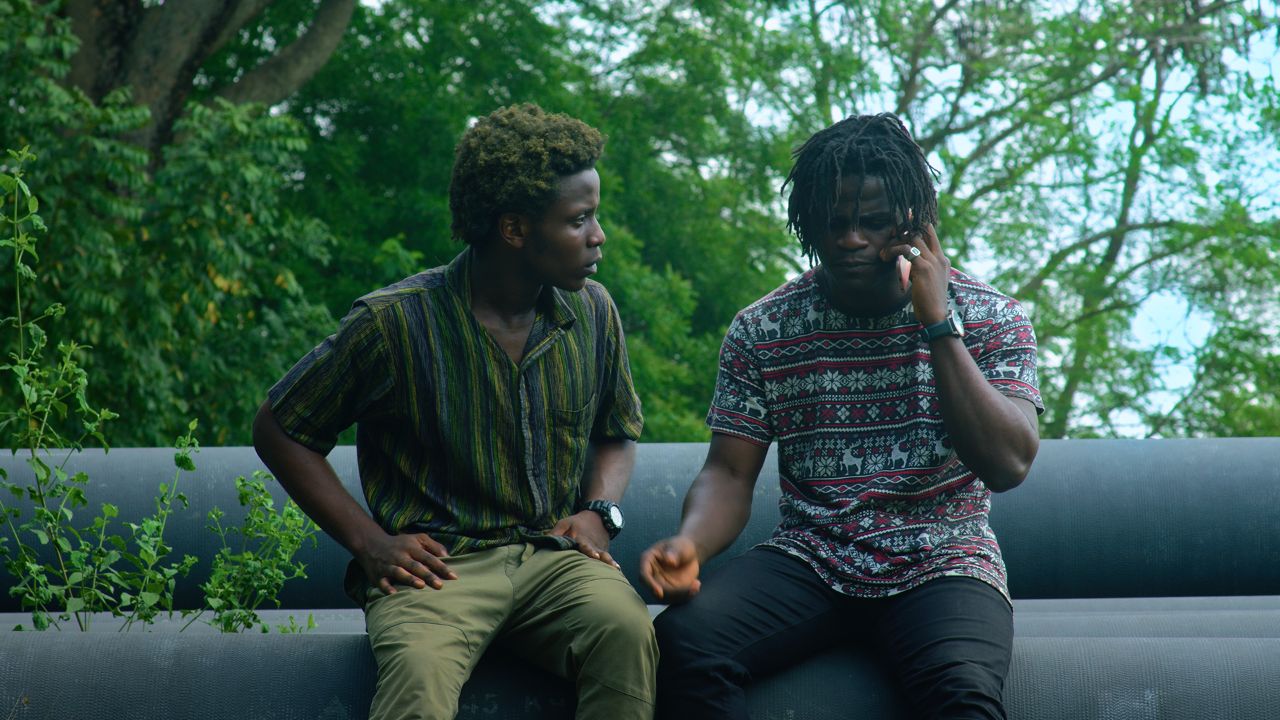
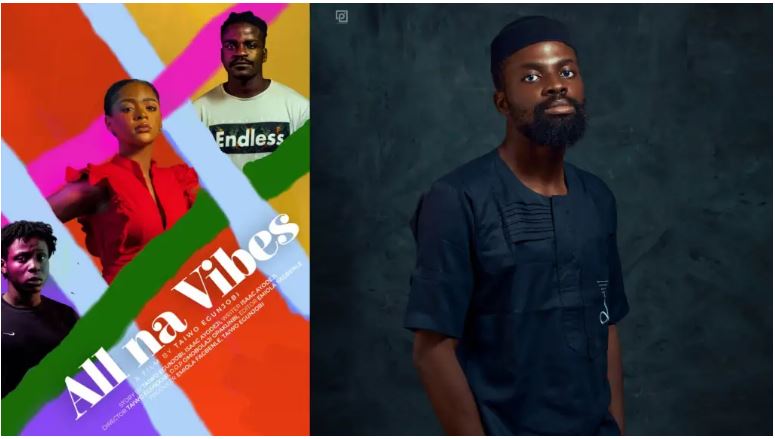
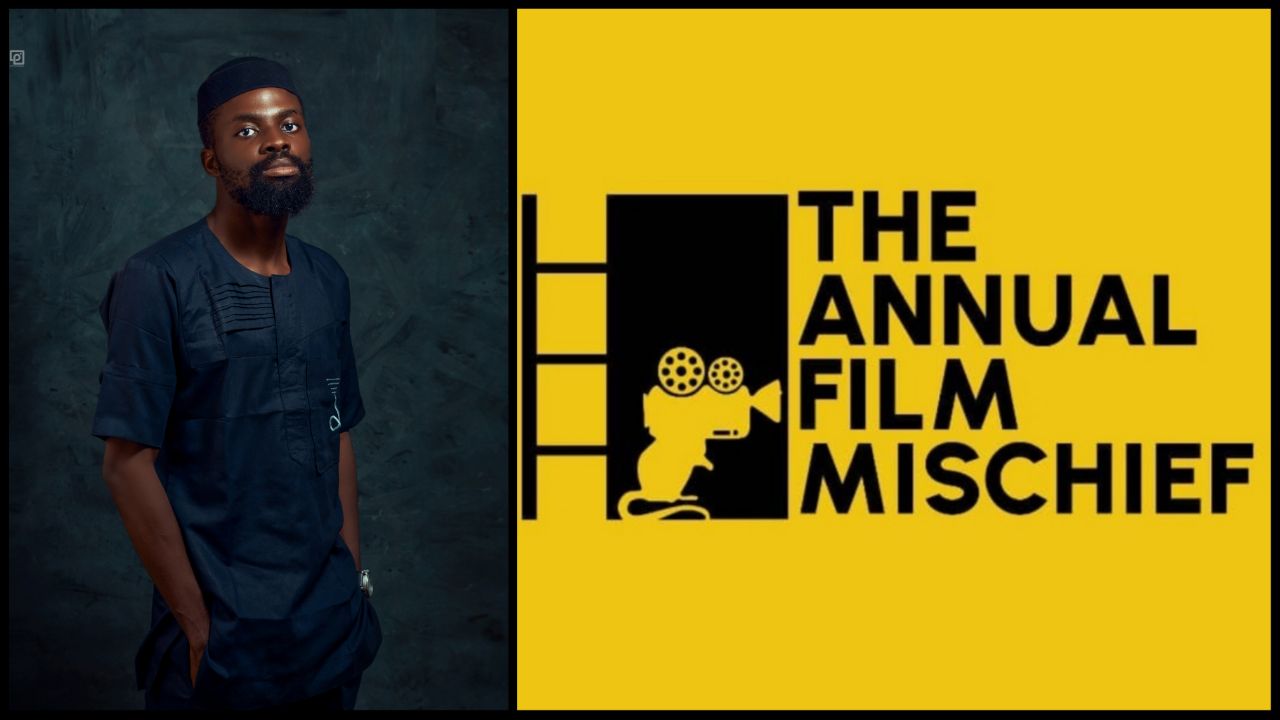
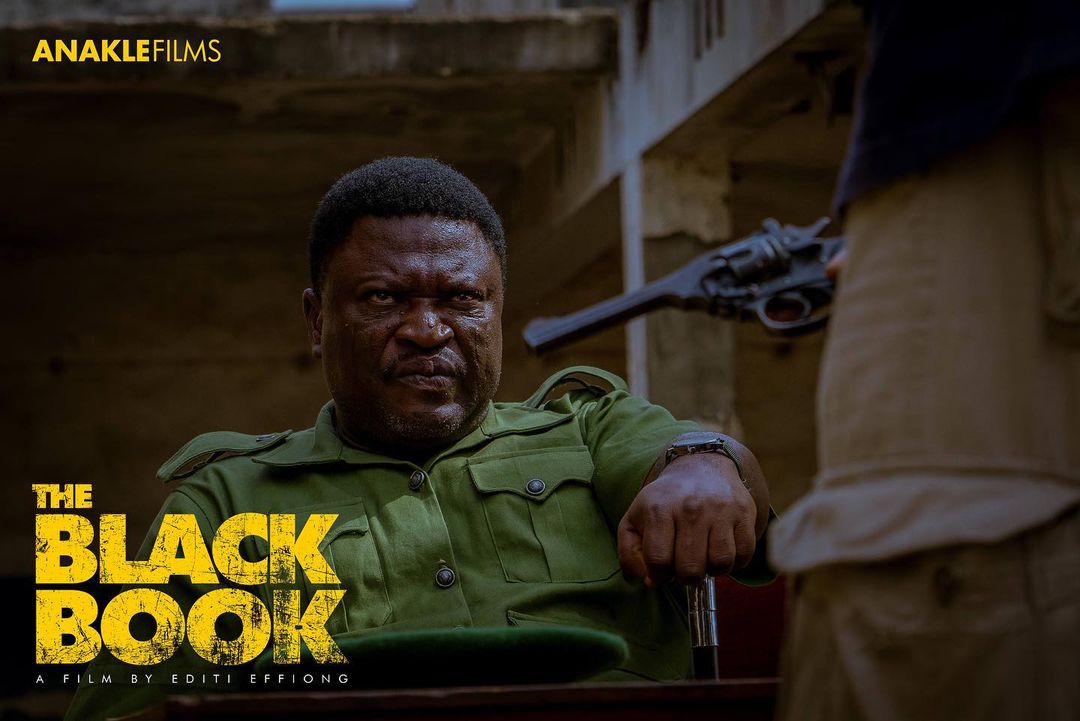
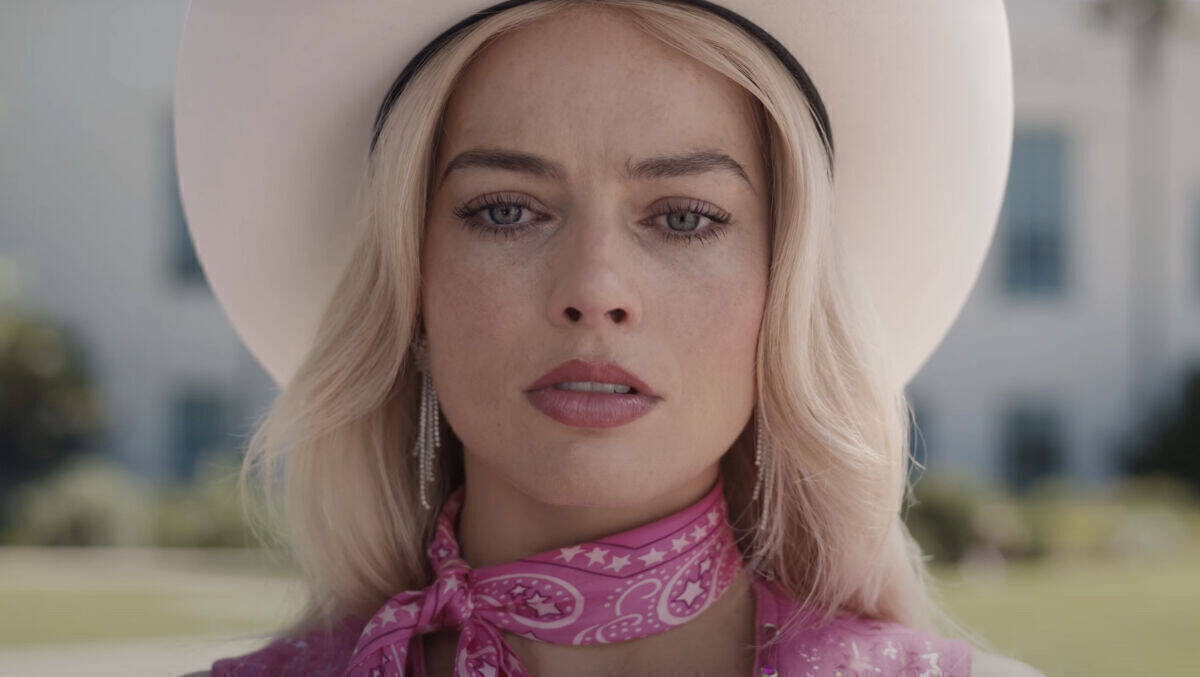

I just watched it too and I did nor enjoy it. I kept on fast forwarding it till I slept on it. I honestly expected more but then all na vibes.